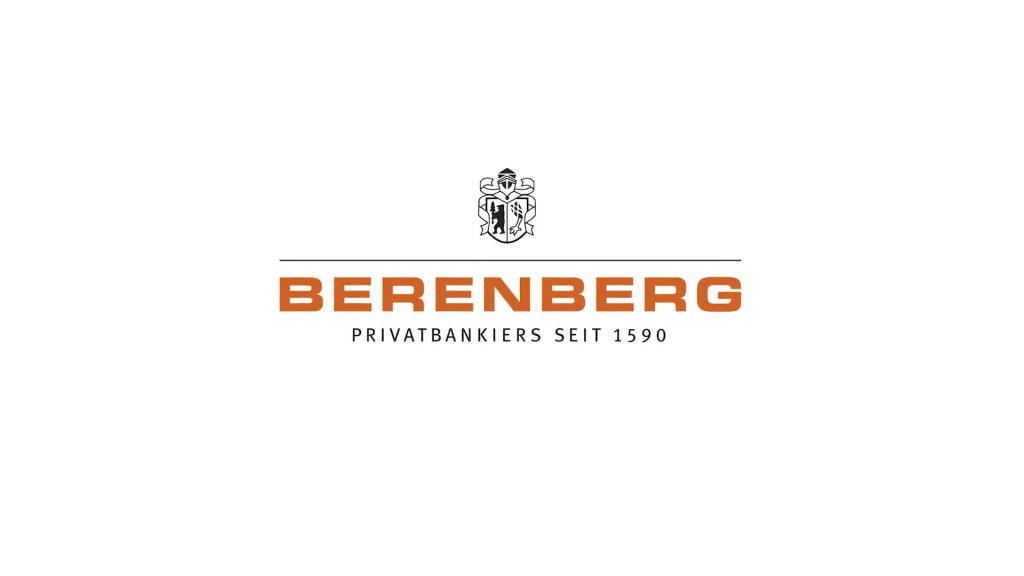Analysts at Berenberg have suggested that they aren’t convinced Direct Line’s recently announced quota share arrangement will fix all of its problems.
 Direct Line announced that it had executed the strategic reinsurance arrangement via the firm’s principal underwriter, UK Insurance Limited on the 26th of January. Together, Direct Line said that the arrangement comprises a 3-year structured 10% quota share treaty.
Direct Line announced that it had executed the strategic reinsurance arrangement via the firm’s principal underwriter, UK Insurance Limited on the 26th of January. Together, Direct Line said that the arrangement comprises a 3-year structured 10% quota share treaty.
Analysts at Berenberg write, “this deal is relatively minor and does not fix the group’s underlying issues or sufficiently address its thin capital buffer.
“However, it does fit the narrative of the company continuing to muddle through this turbulent time.”
This announcement comes after Direct Line confirmed earlier this month that it would cancel its final dividend for 2022, as total weather claims for the year were estimated at nearly twice its original expectations.
The company currently expects to pay claims worth around £90 million due to freezing temperatures in December that resulted in burst pipes and other related damage.
Combined with another freeze event from January 2022 and subsidence related claims over the summer, this means that Direct Line’s total weather claims for the year will be in the region of £140 million, which is well above its 2022 expectation of £73 million.
Berenberg’s analysts continue, “We assume that this deal does not include the new Motability deal, scheduled to begin in late 2023. Direct Line has said the deal will add 6ppt to solvency.
“We understand that there is likely to be a profit-sharing agreement, but we are unclear if this is on an underwriting or financial-year basis; in our model we assume that it is on a financial year basis and that there is a 50% profit-sharing arrangement.
“We also assume an upfront annual fee of 2.5% and that investment income is retained by Direct Line. For context, Admiral’s reinsurance treaties are on an underwriting-year basis, there is a 2% upfront fee and the group generates profit commissions of up to 75%.”
The analysts said that assuming these terms, from 2024 the group will lose £20m in underwriting income, will pay £10m in fees and will likely receive £10m back in profit commission.
“This would lead to earnings dilution of 4% and is the driver of our EPS downgrades,” added Berenberg.
The analysts also highlighted Direct Lines’ lack of communication on the matter, writing, “In principle, this seems like a relatively straightforward deal; hence the question becomes, Why take such a long time to announce it?”
“While the terms as we currently understand them (in very limited form) seem to be reasonable, we would not be surprised if the company has made some concessions somewhere. Why the company did not disclose more meaningful details about the deal is unclear to us.”
Further, Direct Line’s solvency remains low, with the analysts estimating it at 151%. JP Morgan also recently reported that UK Motor insurers lag behind other European insurers with an average ratio of 170%.
Direct Lines Solvency ratio was 152% in June 2022 and since then the company has de-risked its investment portfolio (+6ppt), cut the final 2022E dividend (+17ppt) and announced a 10% QS deal (+6ppt), but solvency is still only 151%.
The analysts do not think this is a good approach, but state that it does fit the narrative of the company “muddling through.”
Berenberg concludes, “We now expect the company to pay an interim dividend of 7.6p to appease many income funds that would become forced sellers should a 2023E dividend not be paid; however, will still think Direct Line will not pay a final dividend. We estimate solvency will end 2023E at 166% under this scenario.”


